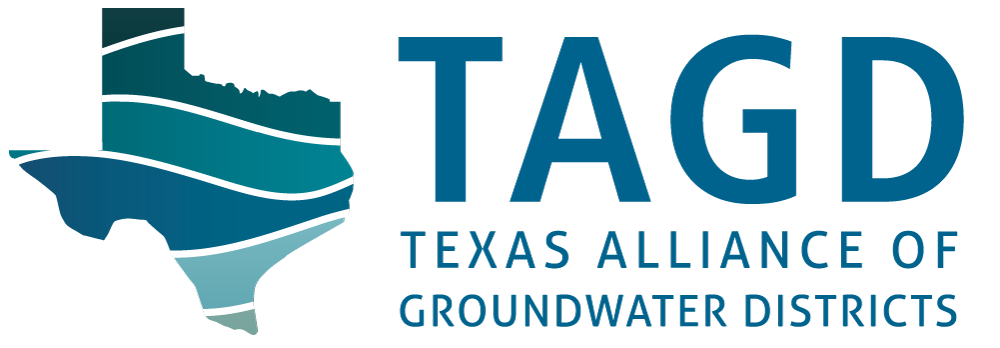Media contact: Julia Stanford, julia@texasgroundwater.org
Click here to download this article as a PDF.
Click here to view the associated court opinion.
Last week, the North Plains Groundwater Conservation District (North Plains GCD) secured a significant legal victory in federal court, affirming the district’s authority to regulate groundwater production under its rules. This decision marks a major step forward in protecting the Ogallala Aquifer and strengthening groundwater management across Texas.
The case originated from a lawsuit filed by BLF Land, LLC, a large potato farming operation that has been overpumping its authorized groundwater allocation for years, in violation of the district’s rules. North Plains GCD’s rules limit pumping to 1.5 acre-feet per acre over a 1,600-acre Groundwater Production Unit. BLF challenged the rules, claiming they were ultra vires – outside the district’s legal authority – and that the district engaged in a taking of real property under state and federal law. BLF also alleged violations of due process and equal protection.
In a comprehensive judgment, Judge Matthew Kacsmaryk of the U.S. District Court for the Northern District of Texas, Amarillo Division, granted summary judgment in favor of North Plains GCD on all claims brought by BLF. The court rejected BLF’s takings claim, finding that the district’s rules provided reasonable access to groundwater while serving the public interest of aquifer conservation. Similarly, due process and equal protection claims were dismissed, with the court emphasizing that the rules were fair, non-arbitrary, and aligned with statutory requirements under the Texas Water Code. The court, on its own motion, also granted summary judgment in the district’s favor against BLF’s ultra vires claim, while allowing BLF 14 days to respond to this specific issue since it had not been fully briefed during earlier proceedings.
This decision brings much-needed clarity to the often-complex landscape of groundwater policy. It reinforces the statutory authority of groundwater conservation districts to implement and enforce regulations necessary to carry out their charge of conserving, preserving, and protecting local groundwater resources. It also highlights the importance of science-based rules in balancing the conservation and development of groundwater, as directed in the Texas Water Code.
“There is so much good language in this opinion validating the reasonable regulation of groundwater and rebuffing spurious claims against the district,” said Deborah Trejo, attorney at Kemp Smith and lead counsel for North Plains GCD in the suit. “Every GCD needs to read. It’s a bookmark to Day on GCD regulation and takings and such a well-written decision.” North Plains GCD general manager Janet Guthrie added, “We are thrilled to share this win. This is a well-written decision from Judge Kacsmaryk that represents a victory not only for our district, but for GCDs and groundwater management statewide.”
“This decision is a monumental affirmation of the authority of groundwater conservation districts to enforce reasonable and necessary regulations to manage our groundwater resources,” said Adam Foster, Executive Director of the Texas Alliance of Groundwater Districts (TAGD). “The court’s validation of North Plains GCD’s science-based and equitable approach to groundwater management will echo through the groundwater community for years to come, and will curtail unfounded challenges to GCD rules.”
TAGD extends its congratulations to the staff and board members of the North Plains GCD, the legal team at Kemp Smith, and all those who dedicated their time and expertise to this case. “This outcome is a reflection of the commitment, collaboration, and hard work of everyone involved,” said Foster. “The individuals who worked on this case should take immense pride in this achievement.”
The Texas Alliance of Groundwater Districts supports Texas groundwater conservation districts and their efforts to conserve, preserve, and protect groundwater. TAGD provides educational and technical assistance to member districts and the public, serves as a resource on groundwater issues with state officials, assists members in keeping current with state law, and is a central point of contact for information on groundwater issues and practices. Visit TAGD online at www.texasgroundwater.org.

Recent Comments